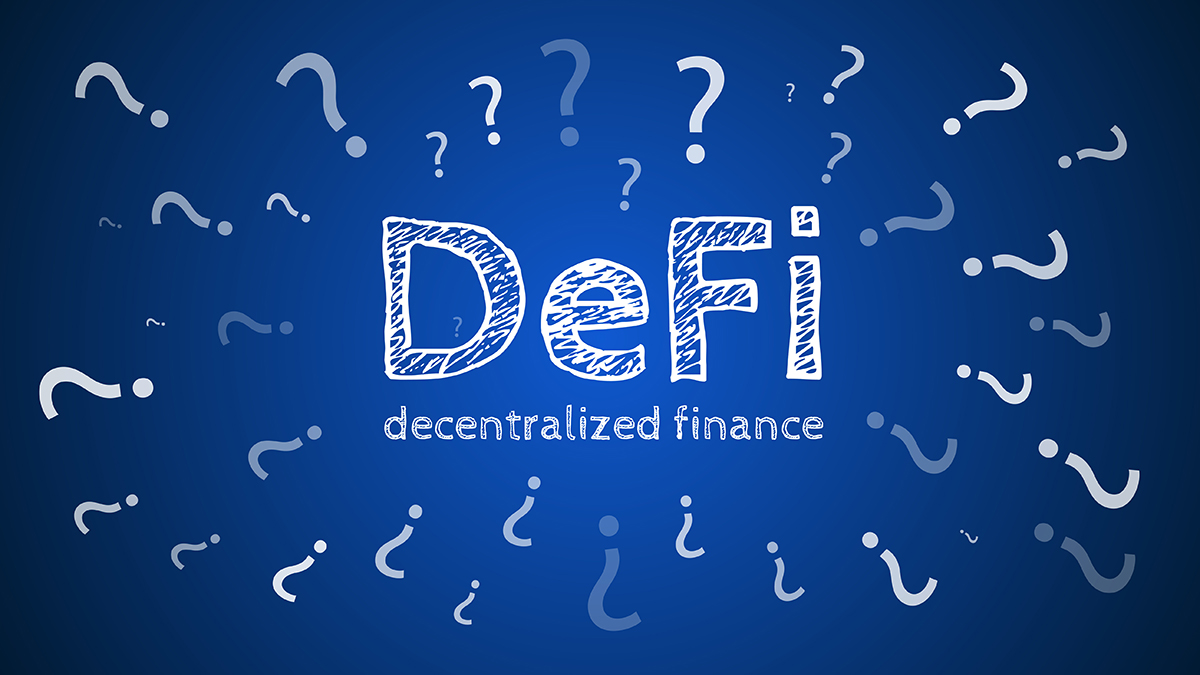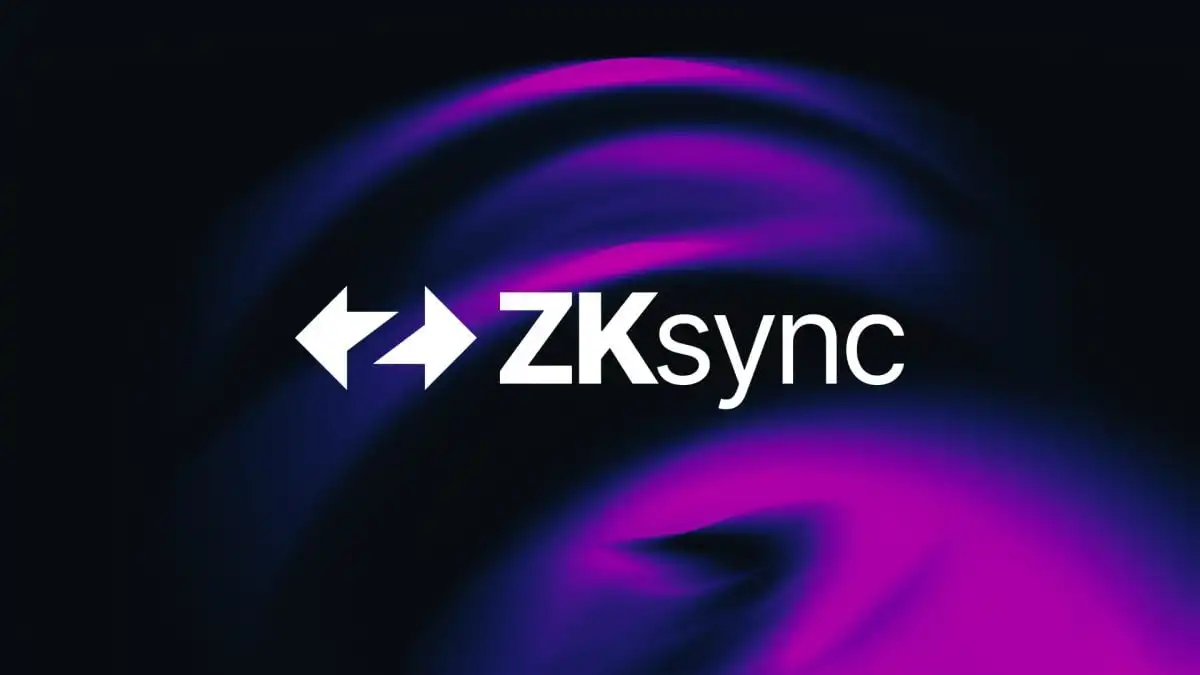No-KYC crypto casinos are rewriting the rules of online gambling. In 2025, players increasingly prioritize privacy, speed, and global accessibility — and platforms are responding.
While regulators worldwide tighten controls on traditional online casinos, crypto-native platforms are flourishing by removing barriers. With wallet-only logins, no document uploads, and same-hour withdrawals, no-KYC casinos are positioned as the future of Web3 gaming — and their popularity shows no signs of slowing down.
What Makes a Casino No-KYC?
A no-KYC (Know Your Customer) casino does not ask for ID, proof of residence, or any personal documents. Instead, users connect a crypto wallet (MetaMask, Phantom, etc.) and begin wagering. These platforms often operate under offshore licenses or use decentralized frameworks to remain globally accessible.
Core Advantages Driving Adoption
- Instant Access: Connect a wallet and play immediately — no forms, no email confirmation.
- Fast Withdrawals: With no compliance queue, many payouts arrive in minutes.
- Global Inclusion: Players from regions with strict or no access to traditional casinos can join freely.
- Enhanced Privacy: With no identity shared, players reduce exposure to hacks, leaks, and tracking.
Top No-KYC Casino Examples in 2025
- BC.Game: Optional KYC for large withdrawals only. Supports 150+ coins and multiple chains.
- Rollbit: Fast-paced slots and sportsbook with anonymous accounts and no document checks.
- Wolf.bet: Sleek UI, provably fair dice and slots, fully anonymous for all users.
Why Players Are Moving Away from Traditional Platforms
Most Web2 casinos still require extensive documentation, manual KYC checks, and fiat banking. For crypto-native users, this feels outdated and invasive. By contrast, no-KYC casinos mirror the ethos of DeFi: permissionless, borderless, and user-controlled.
With growing interest in privacy and digital autonomy, younger audiences — especially in tech and crypto sectors — actively seek platforms that offer self-custody and anonymity.
Risks and Trade-Offs
- Limited Dispute Resolution: No central account means less customer support leverage.
- Fraud Risk: Without KYC, bad actors may exploit bonuses or manipulate systems.
- Regulatory Bans: Some governments block access or criminalize use of such services.
Still, operators implement safeguards like IP throttling, withdrawal limits, and blockchain analytics to reduce abuse without requiring personal info.
Are No-KYC Casinos Legal?
Legality depends on your jurisdiction. In the EU and US, KYC is mandated for licensed operators. No-KYC platforms often operate from regions like Curaçao, Panama, or operate as DAO-governed dApps. Players should always research local laws before participating.
Conclusion
No-KYC casinos aren’t just a niche anymore — they’re a movement. By prioritizing user freedom, speed, and privacy, they’ve tapped into a massive demand traditional platforms ignored. As crypto adoption grows and user expectations shift, expect no-KYC models to become the default — not the exception.




